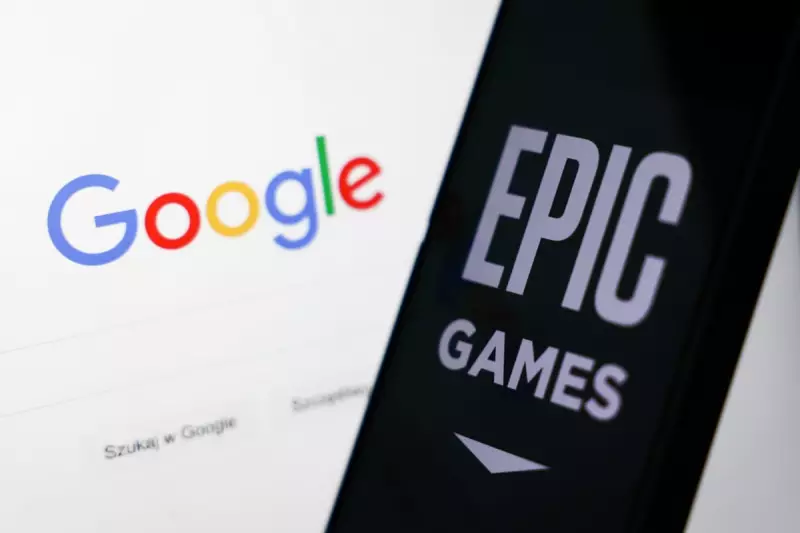
In a dramatic conclusion to one of the tech industry's most closely watched legal battles, Epic Games and Google have reached a comprehensive settlement that could fundamentally alter the landscape of mobile app distribution.
The Billion-Dollar Truce
The settlement, announced on Wednesday, resolves all antitrust claims between the Fortnite creator and the tech giant, marking a significant victory for app developers challenging Google's Play Store policies. While specific financial terms remain confidential, industry analysts suggest the agreement involves substantial compensation and meaningful policy changes.
Background: The Fortnite Fallout
The legal confrontation erupted in 2020 when Epic Games deliberately circumvented Google's payment system within its popular Fortnite game. This move triggered Google's removal of the game from the Play Store, sparking a legal war that exposed the inner workings of Google's app distribution business and its relationships with smartphone manufacturers.
What This Means for Developers and Consumers
The settlement is expected to bring substantial changes to how Android users access and pay for apps and games:
- Greater freedom for developers to use alternative payment processing systems
- Reduced commission rates for in-app purchases
- Increased competition in the mobile app marketplace
- Potential for more app distribution options on Android devices
A Separate Path from Apple
Interestingly, Epic Games continues its separate legal battle against Apple, highlighting the different approaches and business models of the two tech giants in managing their respective app ecosystems. The divergent outcomes suggest that the fight for an open mobile app economy is far from over.
Industry Implications
This settlement represents a watershed moment for the $500 billion mobile app industry. It signals increasing regulatory and legal pressure on tech giants to open their walled gardens and could pave the way for more competitive pricing and innovation in mobile software distribution.
The agreement awaits final approval from the court, but its impact is already resonating across the technology sector, potentially setting new precedents for how digital marketplaces operate worldwide.





